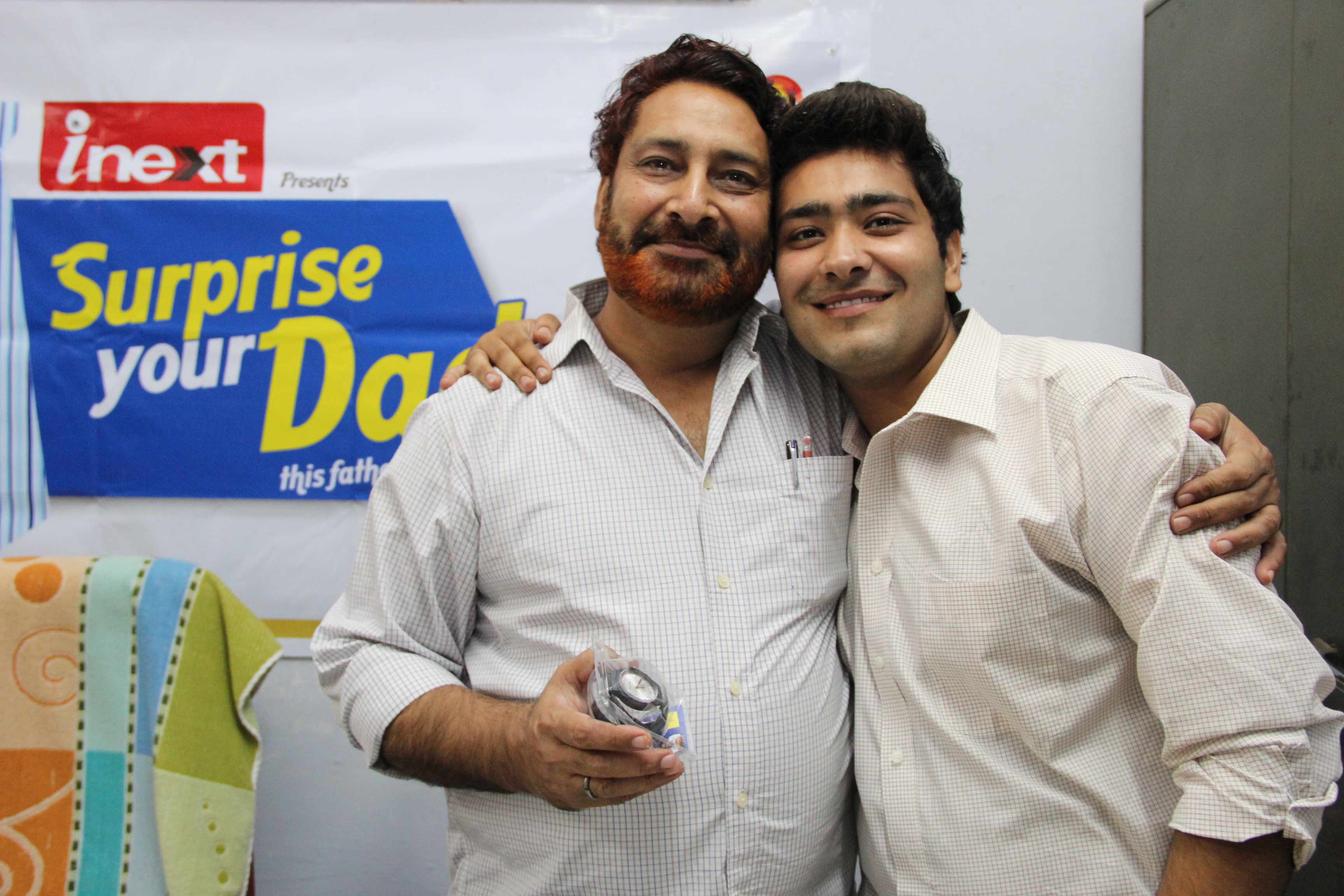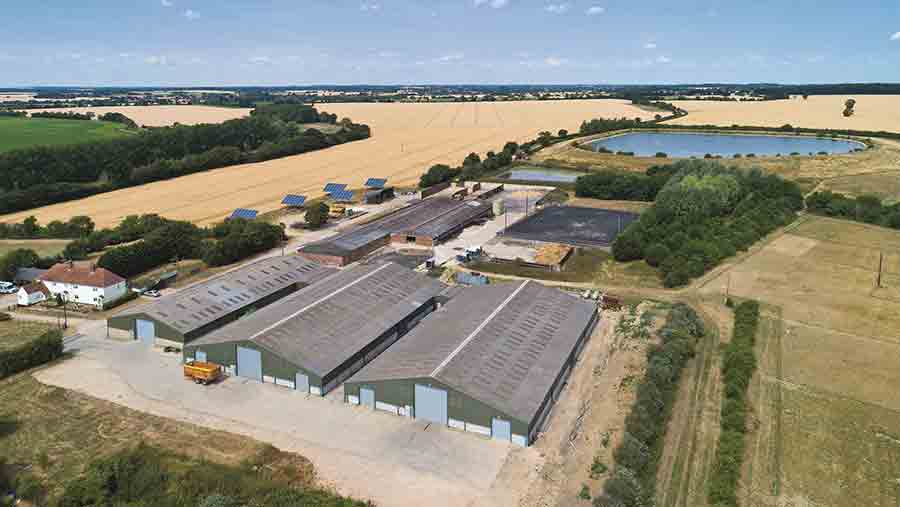
- Select a language for the TTS:
- UK English Female
- UK English Male
- US English Female
- US English Male
- Australian Female
- Australian Male
- Language selected: (auto detect) - EN
Play all audios:
Community Reintegration Dr. Lisa Mueller | [email protected] The Community Reintegration (COMRE) track of training is located within Veterans Employment Resources/Compensated Work Therapy
program (VER/CWT) who provides services to more than 500 veterans per year, with an age range from 25-75. Veterans have diagnoses including depression and anxiety disorders (Generalized
Anxiety Disorder, social anxiety, other specific phobias), PTSD and other traumatic stress disorders, OCD, substance use disorders, and serious mental illness (schizophrenia, schizoaffective
disorder, bipolar disorder). Veterans may also be experiencing a range of psychosocial stressors including homelessness, social isolation, medical, family, legal, or financial issues. We
serve veterans at the VA medical center, at the surrounding community-based outpatient clinics, at 13 college campuses, and in community-based employment. Veteran Employment Resources serves
veterans from almost every other mental health program at the medical center including the Domiciliary, Transitional Residence, Outpatient Addiction program, Mental Health Clinic,
Transition Care Management (OIF/OEF), Mental Health Intensive Case Management program, Veterans Supported Housing, Healthcare for Homeless Veterans, and Veterans Justice Outreach, among
others. The COMRE fellow can chose to be affiliated with two of the above listed clinical programs to serve veterans from different teams depending on their professional goals. There are
weekly shared team meetings with several of these programs, and the COMRE fellow is encouraged to participate in regular team meetings as part of veterans’ inter-professional care including
psychiatrists, primary care providers, social workers, medical staff, case managers, and vocational rehabilitation specialists. As a member of the Veterans Employment Resources, the COMRE
fellow will have the opportunity to provide mental health services to veterans in a variety of clinical programs above that collaborate with the Community Reintegration programs of Supported
Employment, Supported Education, Supported Self-Employment, Transitional Work, and Supported Employment: Engage and Keep. The COMRE provides recovery-oriented psychotherapy and psychosocial
rehabilitation services such as: (a) managing anxiety, depression, ADD/ADHD, PTSD, and substance use disorder symptoms that interfere with attendance/performance at work or school. (b)
navigating the transition from military to civilian life with regards to social and vocational environments. (c) assisting veterans with interpersonal awareness and effectiveness with
co-workers and supervisors. Specific evidence-based practices have included Cognitive Behavioral Therapy (for Depression, Substance Use, Psychosis, or Insomnia), Acceptance and Commitment
Therapy (for Depression), Motivational Interviewing (MI) and Enhancement (MET), Social Skills Training, and Supported Employment. Additional interventions have included those from
Dialectical Behavior Therapy, Problem Solving Therapy, mindfulness, interpersonal process, positive psychology, and supported education. Another component of the COMRE psychology fellowship
is the opportunity to participate in program development, process improvement, and research. The COMRE fellow can design, develop, implement, and evaluate their own project with support from
the team. Current and previous projects within Veterans Employment Resources have included: (a) creation and implementation of new recovery oriented therapy groups for veterans in inpatient
and/or residential care. (b) identification, development, and implementation of reliable and valid program measures to document progress and plan veterans’ care. (c) a Veteran success story
program to educate providers about the impact of meaningful work on overall health and wellness. The COMRE fellow may choose to participate in a variety of research activities with
investigators of the Bedford Division of the VISN 1 Mental Illness Research, Education, and Clinical Center (MIRECC). Activities can include provision of a therapeutic intervention as part
of a randomized clinical trial, the collection of research data (e.g., qualitative research interview, Structured Clinical Interview for DSM-V, Clinician Administered PTSD Scale), data
analysis, and manuscript preparation. The Community Reintegration Fellowship offers a range of customizable experiences that allow the fellow to engage in a variety of clinical, program
development, and research activities. The fellow will work with Veterans through various phases of the rehabilitation process, including the initial processes of discovering and developing
the Veteran’s personal goals through the application of a number of therapeutic techniques that allow for the achievement of those goals. The specific combination of training experiences is
flexible based on individual fellow’s needs and expertise, with final training placements determined based on a collaborative discussion between the fellow and the COMRE program faculty.
THERE ARE FOUR MAIN COMPONENTS TO THE COMMUNITY REINTEGRATION FELLOWSHIP: 1. First Program Placement: Direct service provision and program development in a clinical program (e.g., Outpatient
Addiction program, Mental Health Clinic, OEF/OIF), that collaborates with the Community Reintegration Programs (e.g., Transitional Work, Supported Employment). (Estimated 15 hrs/week). 2.
Second Program Placement: Direct service provision and program development in another clinical program that collaborates with the Community Reintegration Programs. (Estimated 10 hrs/week).
3. Assessment: The Fellow will learn and acquire experience with the assessments relevant to Community Reintegration programs of Supported Self-Employment, Education, and Employment such as
career and vocational interest, value, and skills assessments; assessments of resources and strengths, etc. 4. Research: The Fellow will work with researchers from the New England MIRECC on
current research projects and/or independent projects of interest related to functional and recovery processes, programs, and outcomes. LEARNING OBJECTIVES 1. Knowledge of current and
relevant research of Psychosocial Rehabilitation (PSR) and vocational rehabilitation practices 2. Know the definition of PSR and understand concept of recovery 3. Ability to work with
Veterans to accurately determine and document Veteran’s community reintegration goals 4. Ability to work with Veterans to accurately determine and document internal and external obstacles to
Veteran’s community reintegration goals 5. Ability to assess Veterans’ need and readiness for change 6. Ability to integrate Veteran’s goals, strengths and obstacles into a treatment
agreement and an overall rehabilitation goal 7. Skill in assisting Veterans’ understanding of their strengths and weaknesses in the context of their community reintegration goals 8.
Effective implementation of PSR interventions to facilitate Veterans’ new skills into community functioning 9. Ability to work with Veterans to determine ongoing assessment of progress and
appropriate modification as necessary 10. Skill in facilitating Veterans’ integration into the community through supported employment, supported education and supported self-employment. 11.
Ability to work effectively with interdisciplinary providers who hold differing therapeutic orientations 12. Ability to speak clearly about the premises and practices of community
reintegration and vocational rehabilitation 13. Ability to design and implement programmatic changes








